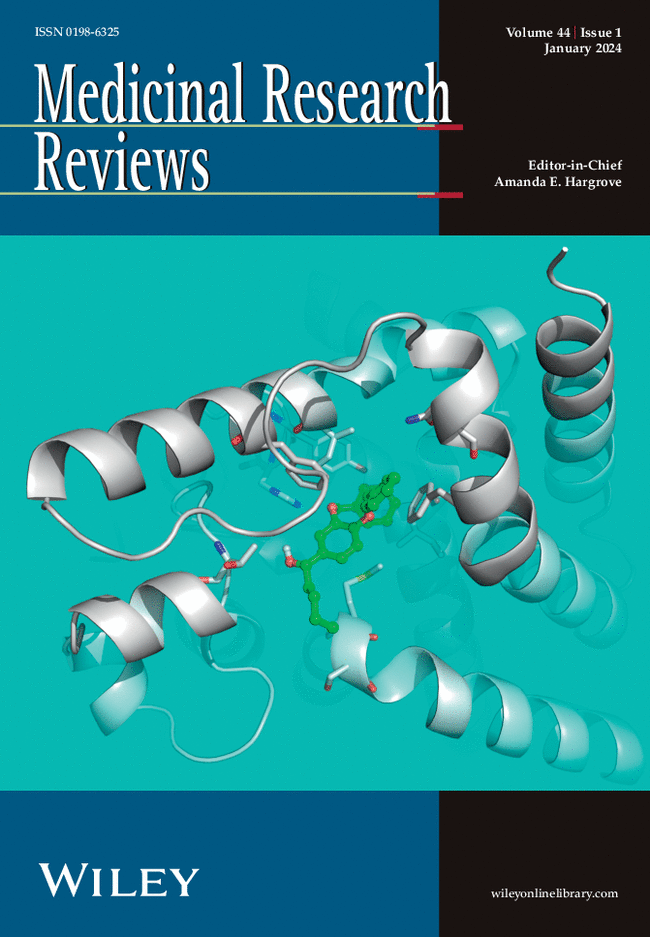Riluzole and edaravone: A tale of two amyotrophic lateral sclerosis drugs
Abstract
Over the past decades, a multitude of experimental drugs have been shown to delay disease progression in preclinical animal models of amyotrophic lateral sclerosis (ALS) but failed to show efficacy in human clinical trials or are still waiting for approval under Phase I–III trials. Riluzole, a glutamatergic neurotransmission inhibitor, is the only drug approved by the USA Food and Drug Administration for ALS treatment with modest benefits on survival. Recently, an antioxidant drug, edaravone, developed by Mitsubishi Tanabe Pharma was found to be effective in halting ALS progression during early stages. The newly approved drug edaravone is a force multiplier for ALS treatment. This short report provides an overview of the two drugs that have been approved for ALS treatment and highlights an update on the timeline of drug development, how clinical trials were done, the outcome of these trials, primary endpoint, mechanism of actions, dosing information, administration, side effects, and storage procedures. Moreover, we also discussed the pressing issues and challenges of ALS clinical trials and drug developments as well as future outlook.





